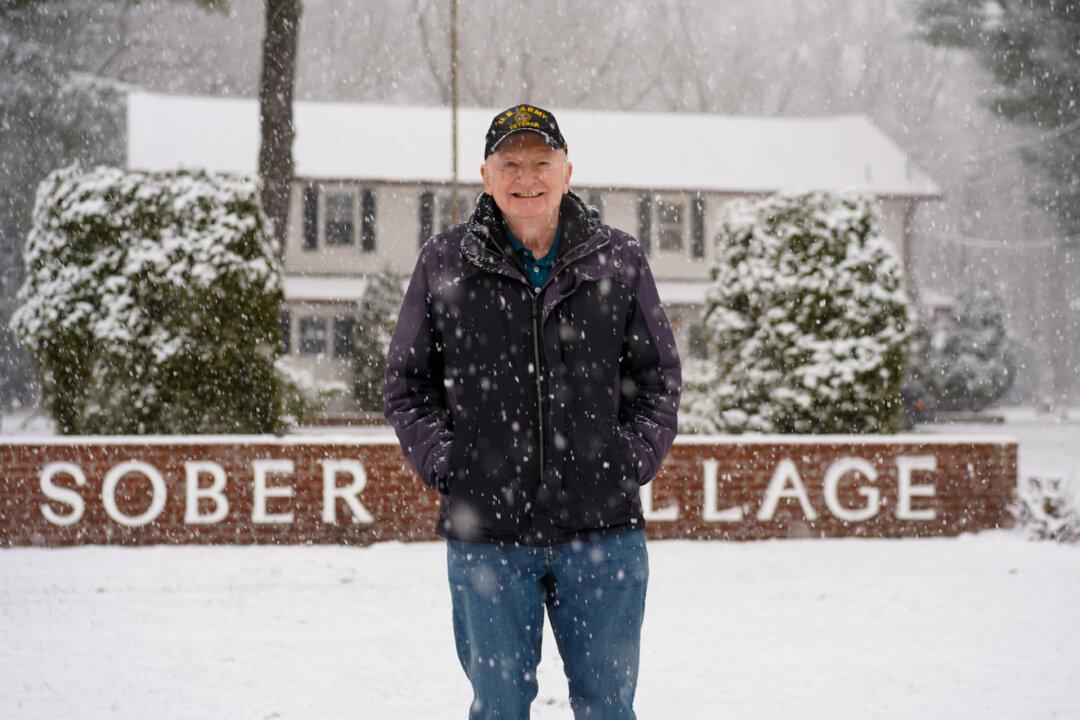Michael dreams of owning a small farm in upstate New York, where he can grow his own food and live a self-sufficient life.
But before that can happen, he must overcome his drug addiction, get a job, and save money—goals that he has been working toward for a year now at an addiction recovery center in rural Deerpark in Orange County.





